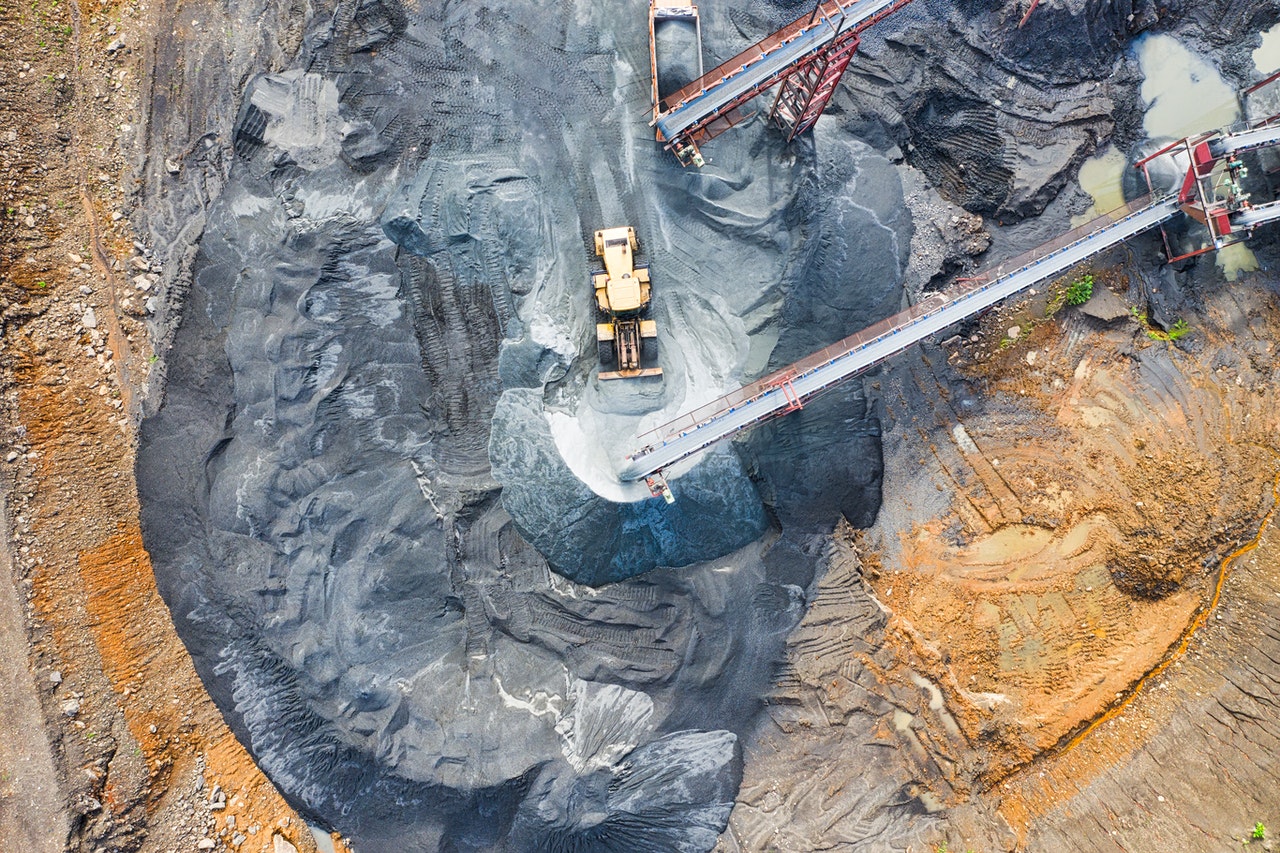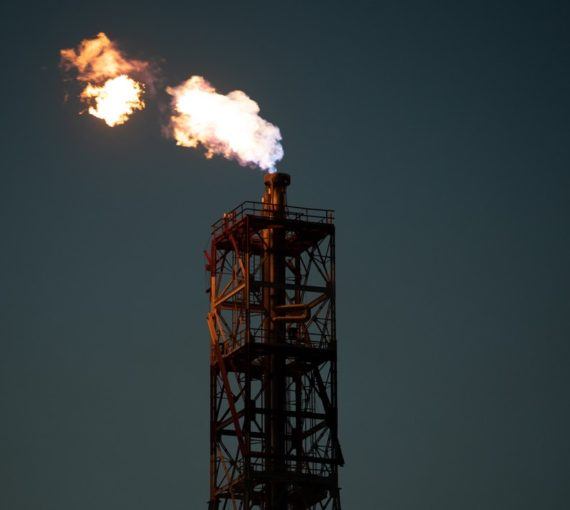
It’s time to bring methane emissions — and the entire fossil fuel industry — under control. (Photo: Tom Fisk via Pexels)
One of the quickest, most cost-effective ways to slow global heating is to reduce methane emissions. That’s because, although methane is a far more potent greenhouse gas than carbon dioxide, it remains in the atmosphere for a much shorter time.
Methane is around 85 times more potent than CO2 over a 20-year period, but most is removed from the atmosphere through oxidation within about 12 years. CO2 can remain in the atmosphere for hundreds or thousands of years, so its warming effects continue long after emissions are reduced or eliminated. When more methane is released into the atmosphere than the amount removed, it contributes to climate change.
Methane accounts for a third or more of global heating since pre-industrial times and is also a main source of ground-level ozone pollution, which causes at least a million premature deaths every year.
More than 60 per cent is produced by human activities, mainly agriculture and oil and gas production and distribution, along with biogas burning and landfills. Natural sources include wetlands, permafrost, wildfires and termites. Atmospheric methane levels have increased by more than 150 per cent since industrialization and intensive agriculture began — and they continue to increase.
When more methane is released into the atmosphere than the amount removed, it contributes to climate change.
Although a good percentage of anthropogenic methane emissions come from agriculture, this methane starts as atmospheric carbon dioxide, which is captured by plants through photosynthesis and often released as methane by animals that eat the plants. Methane emissions from fossil fuels, on the other hand, start out deep in the earth, where they’ve been stored away from the atmosphere for millions of years.
Regardless of the source, keeping excess methane from the atmosphere is crucial to resolving the climate crisis and to reducing pollution. There are many practical ways to do so and the effects would be quickly evident. Unfortunately, as with many climate solutions, they’re meeting with resistance from industry.
According to the UN Environment Programme, “Human-caused methane emissions could be reduced by as much as 45 per cent within the decade. This would avert nearly 0.3°C of global warming by 2045, helping to limit global temperature rise to 1.5˚C and putting the planet on track to achieve the Paris Agreement targets” — and “would also prevent 260,000 premature deaths, 775,000 asthma-related hospital visits, 73 billion hours of lost labour from extreme heat and 25 million tonnes of crop losses.”
Human-caused methane emissions could be reduced by as much as 45 per cent within the decade.
Agricultural solutions range from improving livestock feed and cultivation practices to encouraging people to switch to more plant-based diets and alternative protein sources.
For fossil fuels, the ultimate solution is to shift quickly from coal, oil and gas to renewable energy, along with energy efficiency and conservation. Shorter-term solutions include reducing leakage from coal mines, oil and gas production and pipelines, and recovering and using methane from operations.
But we’re going in the opposite direction. Methane emissions have been increasing rapidly over the past 15 years, and hit record highs in 2021. A recent study shows that, as more methane is emitted into to the atmosphere, less is being removed than previously, in part because increasing wildfires are affecting the ability of hydroxyl radicals to break it down.
As the world heats, sources like melting permafrost are also releasing methane. And rather than slowing fossil fuel production, industry and governments have been ramping up, especially with fossil gas, often misnamed “natural gas” and “liquefied natural gas” (LNG) — which is mostly methane. Industry has been reluctant to take responsibility for numerous leaking abandoned and orphaned oil and gas wells, and to address other leaks.
Methane emissions have been increasing rapidly over the past 15 years, and hit record highs in 2021.
Governments and industry have also consistently underreported methane leaks, even as they support and promote rapid LNG expansion.
In Alberta and elsewhere, industry executives have lobbied behind closed doors to relax regulations around monitoring and reporting leaks. And despite B.C.’s plan to increase royalty rates and reduce some credits for LNG projects, the government is fully supporting the industry. The European Union is even considering labelling some fossil gas as “green,” despite opposition.
The push for continued and expanded reliance on fossil gas (mostly obtained through hydraulic fracturing or “fracking”) is also causing global geopolitical instability.
It’s time to bring methane emissions — and the entire fossil fuel industry — under control. Reducing methane in the atmosphere will ensure rapid benefits for the climate and human health.



